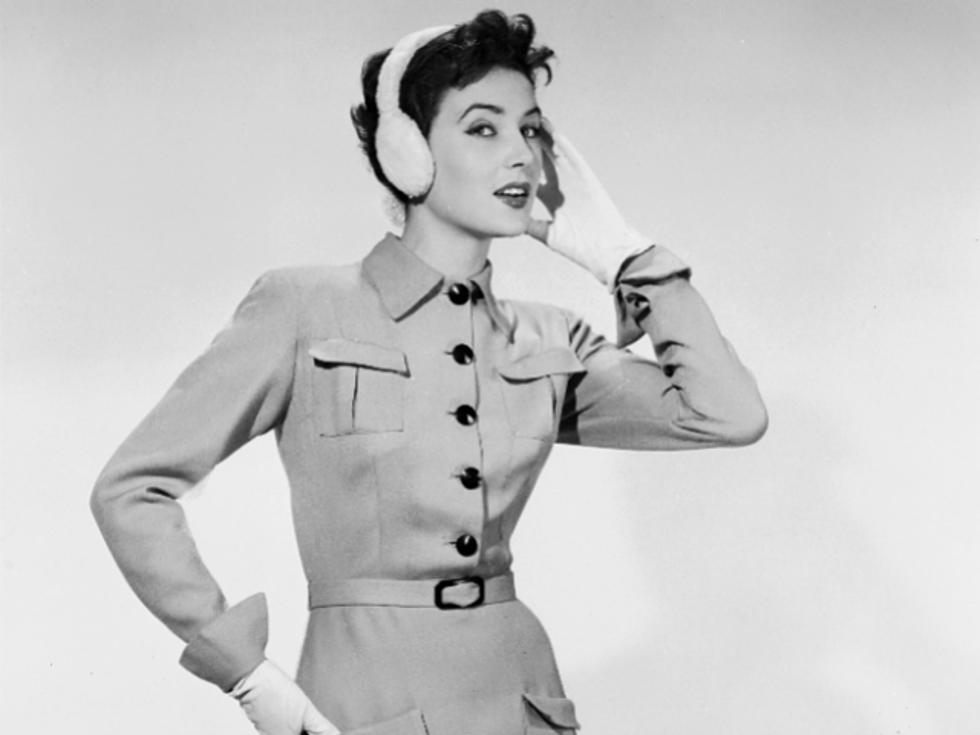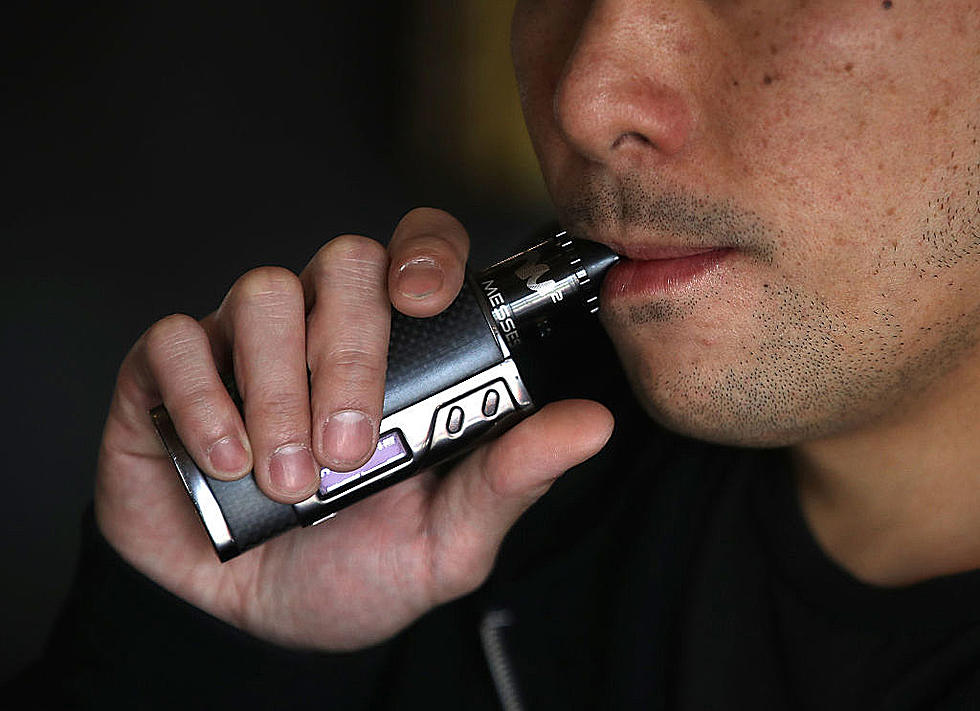
‘Why Do We Shiver?’ and Other Mysterious Winter Health Questions Answered — Health Check
Unless you’re lucky enough to live in one of those beautiful, warm places, where the weather never changes, you are now settling in for a season of gloves, static, chapped lips and chills to the bone. But what do we really know about how our bodies react to winter?
Did your mother ever tell you not to leave the house with wet hair? Four in ten mothers think that wet hair and cold weather are a recipe for the flu, but doctors say that we can only catch a cold or the flu if we’ve been exposed to a virus, not if we have wet hair. In fact, just being in cold weather doesn’t make us catch a cold — we have to be exposed to a virus, which can happen all year ‘round.
Speaking of heads and the cold, is it true that we lose most of our body heat from our heads? Not really. While it’s true that while we do lose body heat from our heads, we don’t lose more heat from our heads than any other uncovered part of our bodies. Ten percent of our body heat escapes from our heads, so covering helps, but uncovering won’t send our body temps into a tailspin.
If we’re only losing 10 percent of our body heat from our uncovered heads, then why do we shiver when we’re cold? Shivering is basically our bodies’ reflex reaction to the cold. When we feel cold our brains signal our muscles to tighten and loosen to generate heat inside our bodies. This is the same reaction we’re experiencing when our teeth chatter.
Bears eat a lot and then sleep for a long time during the winter, but we’re not bears, so why do we crave high-carb, fatty foods when it gets cold? Researchers believe this phenomenon could be related to the fact that our serotonin levels get low in the winter. Foods that are high in carbs, as well as big, hearty meals, can temporarily raise those serotonin levels and make us feel better. Not to mention that hot, rich foods are more comforting when our bodies are cold.
So, leave your hair wet, put a hat on, try not to eat too many french fries, stay away from viruses and have a great winter.



